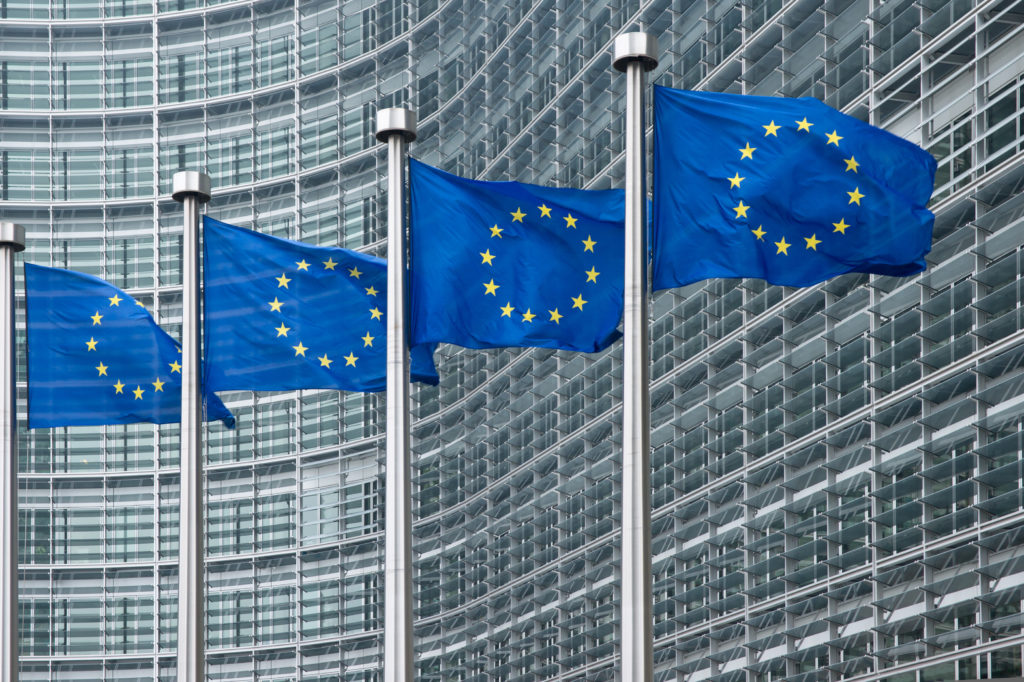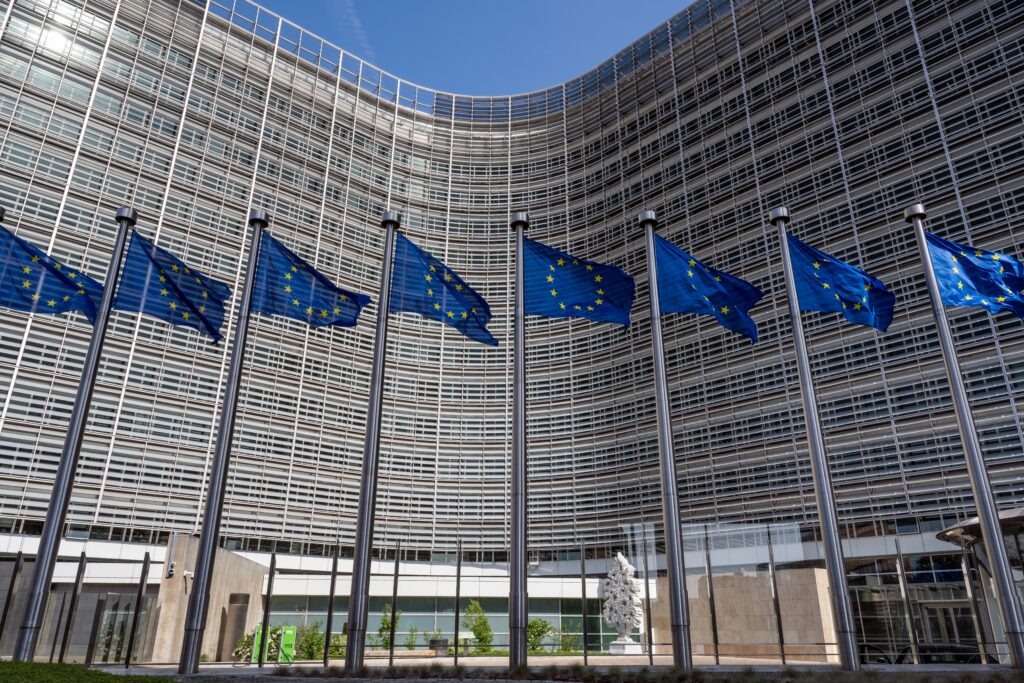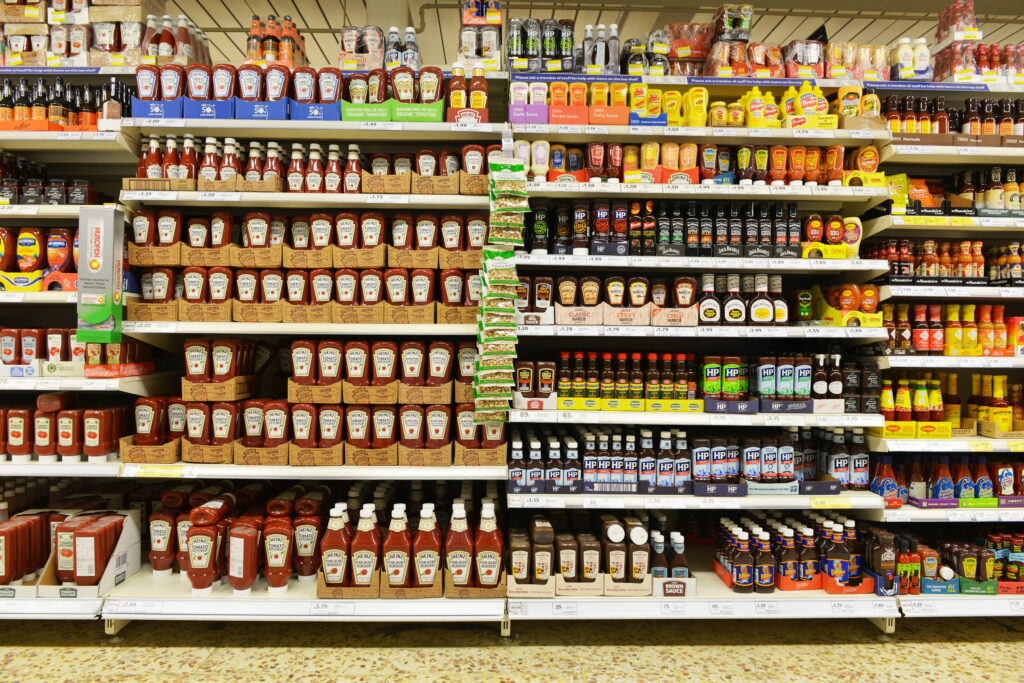Earlier in the week (19 February 2025), EU negotiators reached an agreement for revisions to the WFD regarding mandatory food waste targets and extended producer responsibility for textiles (tEPR).
Members will now be required to meet two separate food waste targets for 2030:
- A 30% reduction for in retail, restaurants, food services and households.
- A 10% reduction for food processing and manufacturing.
EU countries will also now have to implement tEPR to cover the costs of collecting, sorting and recycling waste textiles.
‘More needs to be done for textiles’
EuRIC said the agreement marks “a significant step forward” for the circular economy but added that “urgent support” is still required to address the crisis facing the EU’s textile reuse and recycling sector – and that the 30-month implementation timeline is too long.
“The EU’s commitment to mandatory EPR for textiles is a pivotal step towards producer accountability for the garments and textiles they place on the market. But it’s not enough to resolve the current crisis in textile reuse and recycling,” said Mariska Boer, president of EuRIC’s Textiles Branch.
“EPR is a transitional tool to shift from a linear to a circular value chain. However, without ambitious eco-design criteria and mandatory uptake of post-consumer recycled textile content, textile recycling will always lack the necessary business model, threatening the current infrastructure, circular textile economy and thousands of green jobs.”
Positive aspects of the agreement
EuRIC welcomed the inclusion of reporting requirements for Social Economy Entities (SEEs) to ensure their transparent and fair participation in EPR schemes.
This will allow members states to eco-modulate EPR fees based on extrinsic product durability. The confederation described it as a “key step in tackling textile waste and ensuring that the price of ultra-fast fashion reflects the environmental damage it causes”.
The negotiators also agreed to review the scheme in 2029 and introduce mandatory targets, which EuRIC also celebrated.
It added that the Commission will have to assess the possibility of member states introducing such EPR fees for placing second-hand clothes on the market. EuRIC stressed that EPR should remain an application of the polluter pays principle and that reusing clothing has “a positive environmental impact”.
Finally, it welcomed the exclusion of commercial reuse operators from paying EPR fees for now.










Subscribe for free